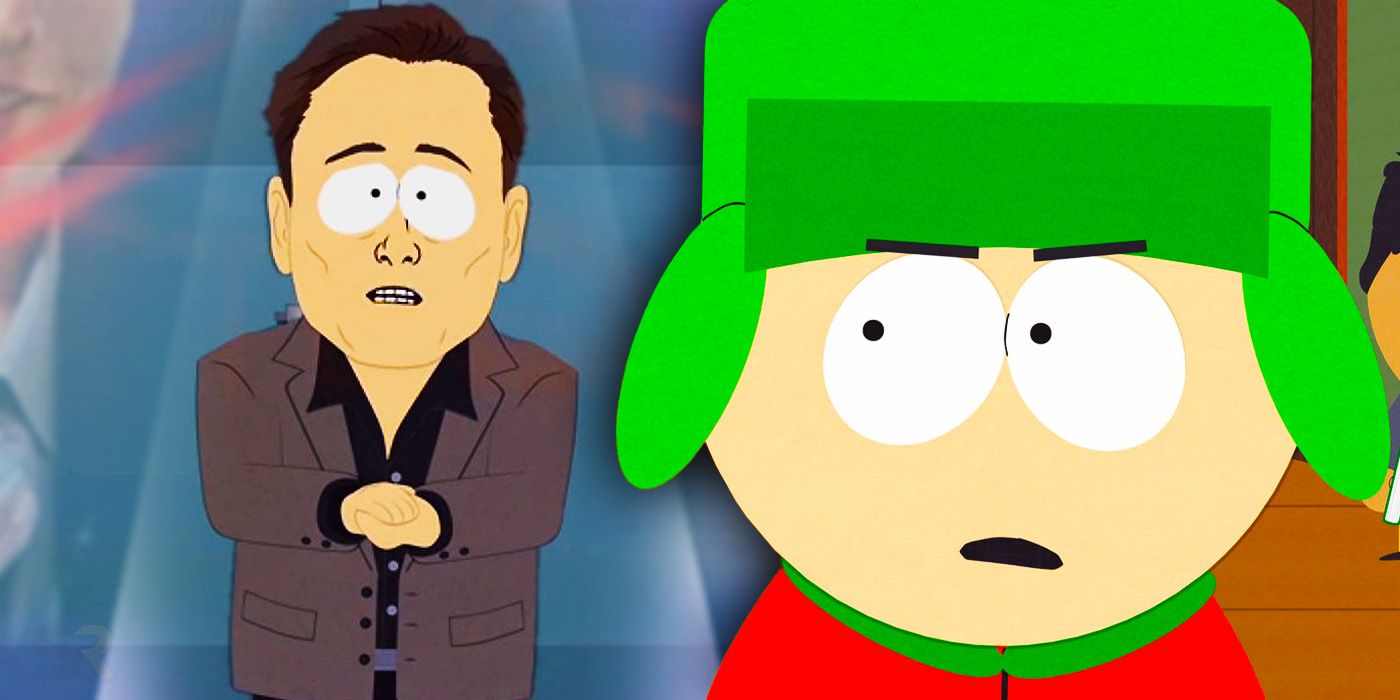
The Evolution of South Park: From Controversy to Sophistication

Exploring the transformation of South Park from its early seasons to its current sophisticated social commentary.
The Early Years: A Crude Beginning
South Park, the iconic adult cartoon created by Trey Parker and Matt Stone, first graced television screens in August 1997. With its low-budget and crudely animated style, the show quickly gained notoriety for its irreverent humor and fearless approach to controversial subject matter. The early seasons of South Park were characterized by shock humor and explicit content, appealing to a younger, more rebellious audience. The creators, in their mid-twenties at the time, reveled in pushing boundaries and testing the limits of what was acceptable on television.
While the show garnered attention and a dedicated fanbase, co-creator Trey Parker has since expressed embarrassment regarding these early seasons. In an interview with Entertainment Weekly, Parker candidly admitted that he wishes he could erase anything before season 4, deeming it 'embarrassing' and cringe-worthy. This sentiment reflects a stark contrast to the show's current direction and evolved comedic sensibilities.
Despite the initial crassness and vulgarity, the early years of South Park laid the foundation for its future evolution, setting the stage for a dramatic shift in tone and content. The show's creators, once focused on shock value, would soon transition to a more sophisticated and nuanced approach to storytelling and social commentary.
The Art of Transformation: Maturation and Evolution
As South Park matured, so did its storytelling techniques and animation quality. The transition from shock humor and explicit content to more sophisticated satire and social commentary marked a significant turning point for the series. The evolution of South Park was evident in its willingness to tackle complex and timely issues, utilizing satire as a powerful tool for societal critique.
The tonal shift in South Park's narrative was a deliberate and calculated move by its creators. From toilet humor and vulgar jokes to a more refined, albeit absurd, social commentary, the show underwent a transformation that resonated with a broader audience. The exploration of current events, cultural phenomena, and societal trends became the hallmark of South Park's later seasons, captivating viewers with its sharp wit and fearless approach to satire.
This evolution also reflected the changing priorities and comedic tastes of Trey Parker and Matt Stone. In a candid interview, Parker acknowledged that their earlier work, while formative, no longer aligned with their current creative sensibilities. The shift towards more sophisticated storytelling and social commentary signaled a new era for South Park, cementing its status as a thought-provoking and culturally relevant series.
The Present and Beyond: A Legacy of Adaptation
In the present day, South Park continues to captivate audiences with its incisive social commentary and irreverent humor. The latest special, 'South Park (Not Suitable for Children),' takes aim at contemporary phenomena such as OnlyFans and influencer culture, showcasing the series' ability to remain relevant and provocative.
While the show's early seasons may be viewed as 'embarrassing' by its creators, they undeniably played a crucial role in shaping the trajectory of South Park. The foundation laid by the early years provided the necessary groundwork for the show's transformation into a cultural touchstone, resonating with audiences across generations.
The legacy of South Park lies in its ability to adapt and evolve, reflecting the changing perspectives and priorities of its creators. From its humble beginnings as a crude and controversial cartoon to its current status as a sophisticated and culturally relevant series, South Park stands as a testament to the power of artistic evolution and creative reinvention.












